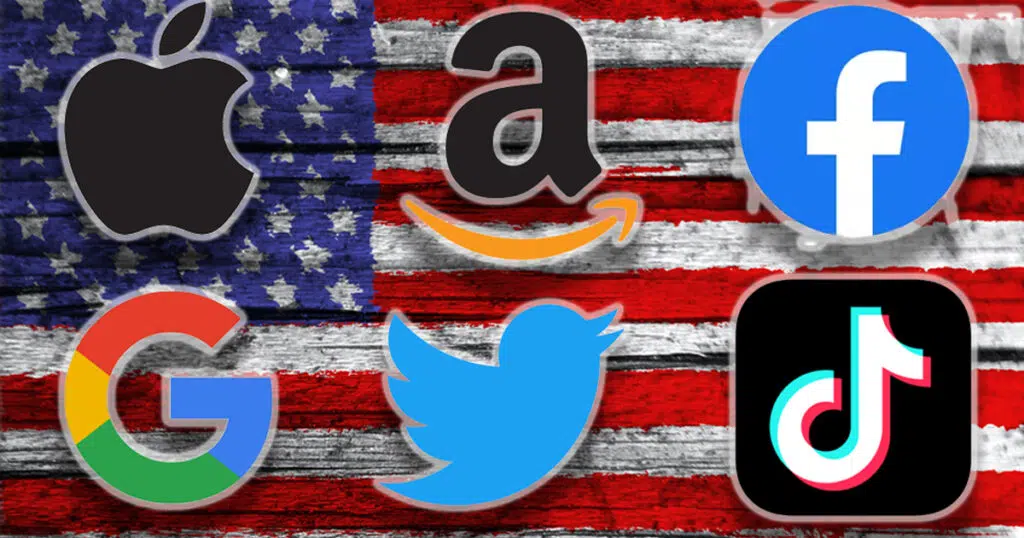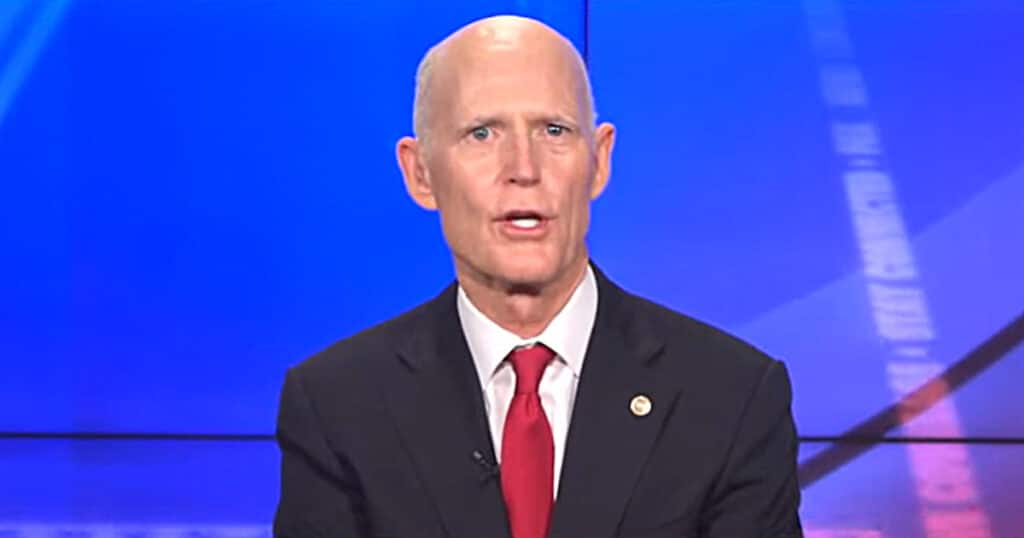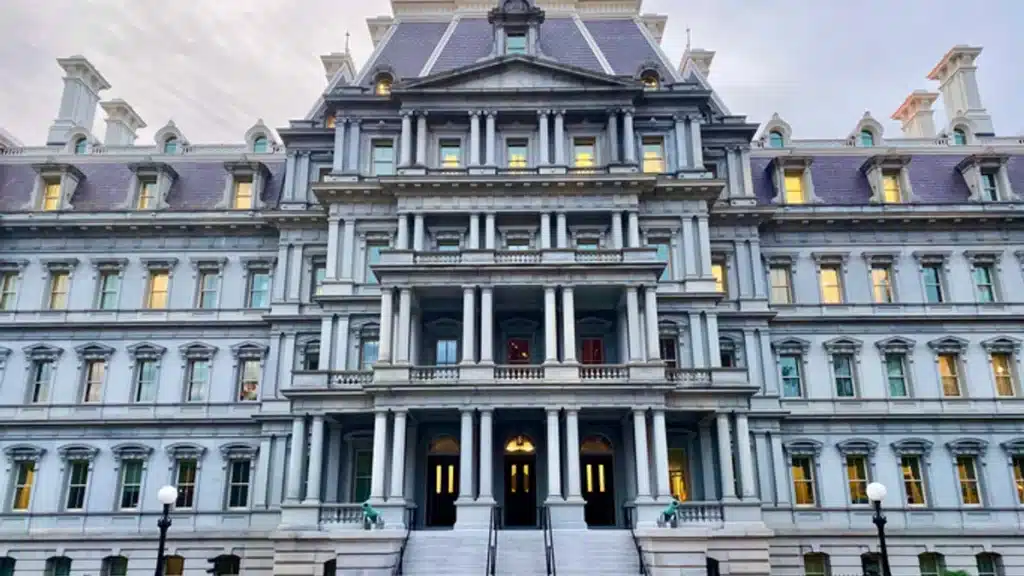
Get Ready for the New Digital Censorship Regime
A House panel held a hearing last month examining how the Biden White House colluded with Big Tech platforms to censor speech about COVID-19 and the 2020 presidential election.
Exposing these past abuses was a good start for the House Select Subcommittee on the Weaponization of the Federal Government. But now, the same forces are reforming to impose a new digital censorship regime ahead of this fall’s elections.
Indeed, American tech, government, and nonprofit elites are bent on repeating the sins of 2020.
Congress and the states stand in the way. To ensure the integrity of the upcoming election, they need to refocus efforts on disrupting the new censorship apparatus.
The first step should be addressing the private organizations calling on Big Tech platforms to remove or throttle content that they label as election misinformation or disinformation.
In an open letter, over 200 such groups demand that Facebook, X, Instagram, and other major platforms reinstate “election-integrity policies, inclusive of moderating content around the Big Lie” and changing algorithms to “promote factual election content.”
Doing so won’t be easy. These groups have the backing of powerful political interests.
According to a recent report from the Media Research Center, at least 45 of the groups collected $80.8 million between 2016 and 2022 from liberal financier and philanthropist George Soros.
And they’re not the only ones pressuring Big Tech to censor.
Initiatives such as the State Department-backed Global Disinformation Index and news-rating company NewsGuard partner with Big Tech to deprive so-called fake news sites of ad dollars and user engagement. But their ratings are deeply biased.
Analysis from the Media Research Center found that NewsGuard rates liberal media outlets 27 points higher on average for trustworthiness than conservative outlets. The Global Disinformation Index is similarly biased. It maintains a “Dynamic Exclusion List” of websites that it subjectively determines are “high risk” purveyors of “disinformation,” including at least 10 conservative-leaning media outlets.
In 2022, the Xandr ad platform, owned by Microsoft, partnered with the Global Disinformation Index to defund so-called disinformation groups. Following public scrutiny, Microsoft temporarily suspended its subscription to the Global Disinformation Index.
Even still, Microsoft integrated the NewsGuard rating system into “numerous products,” including the company’s Edge browser, news aggregators, Bing search, and various AI-powered assistants.
In November, Microsoft announced that it would partner with NewsGuard and other groups to “provide information on authoritative sources” and ensure that “queries about election administration will surface reputable sites.”
This push is paralleled by efforts on the state and federal level to shape public discourse in collusion with dominant tech firms.
The FBI, for example, recently confirmed that it has resumed talks with social media platforms over so-called disinformation. According to reporting by The Federalist, both the FBI and the Cybersecurity and Infrastructure Security Agency, known as the “nerve center” for government censorship operations, refused to say whether they intend to pressure tech platforms to “remove posts containing so-called ‘disinformation.’”
Meanwhile, the California Secretary of State’s Office colluded with Facebook, YouTube, and Twitter (now X) to censor posts deemed election “misinformation” in 2020. And California now requires social media platforms to submit reports to the attorney general’s office detailing efforts to combat so-called hate speech.
At the same time, Washington and Oregon hired the censorship surveillance group Logically to help monitor so-called election misinformation. And Arizona’s secretary of state created a dedicated position to identify and report “especially egregious posts” to Big Tech platforms.
To counteract these efforts, Congress and state lawmakers should insist on transparency, which is key to addressing concerns about collusion.
For example, Congress should investigate new government efforts to collude with Big Tech—particularly in the states and at both the FBI and the Cybersecurity and Infrastructure Security Agency. The relevant authorities should also probe ongoing relationships between Big Tech firms and outside researchers to examine whether they are running afoul of state or federal law.
Big Tech platforms may be in violation of election laws if they enforce content moderation policies in ways that favor certain political candidates. That includes censoring posts on behalf of partisan groups.
Without shining the light of day on Big Tech’s notoriously opaque practices around political speech, there is no way to know for sure.
Congress’ investigations into past collusion between government and Big Tech are admirable. But the same collusion is happening before our eyes.
Policymakers must take action, and fast, if they want to prevent a replay of 2020.



